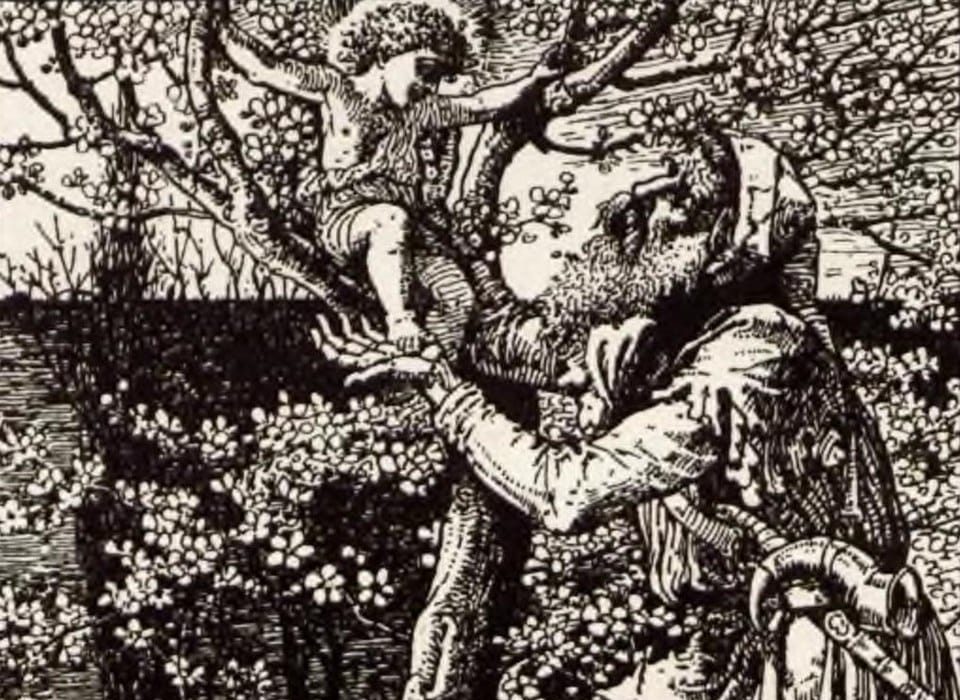Maya Angelou had many experiences in life are both damaging and uplifting. She endured great trauma and hardship only to persevere in the end. She has also contributed to literary history with her engaging, heart-wrenching stories. Similarly, her verse about the Black American experience has been transformative. In this post, we will look at her life and times and how these difficulties shaped her history.
Biography of Maya Angelou
Angelou was born on April 4, 1928 in St. Lois, Missouri. When she turned three years old, her parents sent she and her brother to live with her grandparents in Stamps, Arkansas. There, she experienced some first-hand racism that shaped her outlook for the rest of her life. Because of her treatment, she wrote that she would feel less like a person and gravely inferior for a long time.
Eventually, Angelou moved to St. Lois with her father, who returned to take care of her. Yet, she found more hardships along the way, including experiencing rape and guilt over the rapist’s eventual murder. These experiences left her nearly mute for many years.
Later, she moved back to Stamps as a young girl and then out to San Francisco, California. There she worked a variety of odd jobs until she moved to New York City in the 1950s. In Harlem, she began writing at the Harlem Writers Guild. Moving back to California, she wrote the 10-part television series Black, Blues, Black about African American culture. She continued acting and appeared in multiple films, including Poetic Justice (1993), How to Make an American Quilt (1995), and also appeared in the television series Roots (1977).
Additionally, Angelou was nominated for a Pulitzer Prize for her book of poetry Just Give Me a Cool Drink of Water ‘fore I Diiie. And, she received a Tony Award nomination for the 1973 play Look Away. In addition to this, she won multiple Grammy awards for spoken word albums. She also read poetry at former President Bill Clinton’s inauguration in 1993. President Barack Obama also presented her with the Presidential Medal of Freedom.
Angelou passed away on May 28, 2014 at her home in North Carolina.
Analysis “I Know Why the Caged Bird Sings”
Angelou’s I Know Why the Caged Bird Sings is an autobiography, detailing Angelou’s life and experiences. More specifically, the novel details her parents divorce, the sexual assault that changed her life, and the countless times she experienced racial discrimination while living in the South.
The book ends with an optimistic feeling that perhaps she can persevere in life after all. Through a difficult childhood and care for a newborn child, she looks to rise from the ashes of a stormy life.
In it, she writes this bit of verse:
The caged bird sings
Maya Angelou
with a fearful trill
of things unknown
but longed for still
and his tune is heard
on the distant hill
for the caged bird
sings of freedom.
The book was nominated for a National Book Award and received critical acclaim from readers and critics alike.
Angelou’s Other Works
- Just Give Me a Cool drink of Water ‘fore I Diiie (1971)
- Now Sheba Sings the Song (1987)
- I shall Not be Moved (1990)





Leave a comment